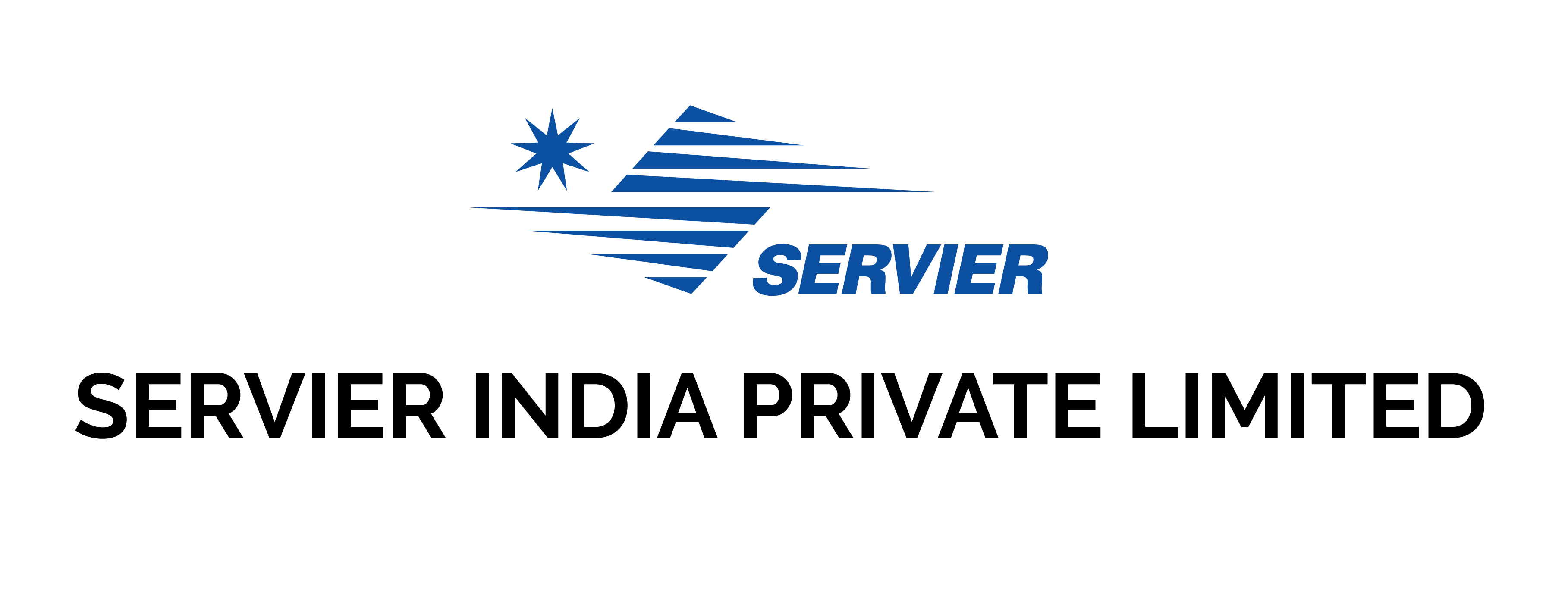Modifying your nutritional choices and your overall dietary pattern is a key step towards decreasing your risk of a future heart attack.
Wise nutritional choices aren’t just limited to what is right for you but is also concerned with what not to eat. Certain food ingredients are highly detrimental to your heart’s health.
Please however consult your physician/doctor before making any modifications in your diet or otherwise taking any decisions regarding your nutrition.
These include:
Foods High in Salt and Sugar
Salt and sugar are two of the biggest threats to your heart’s health!
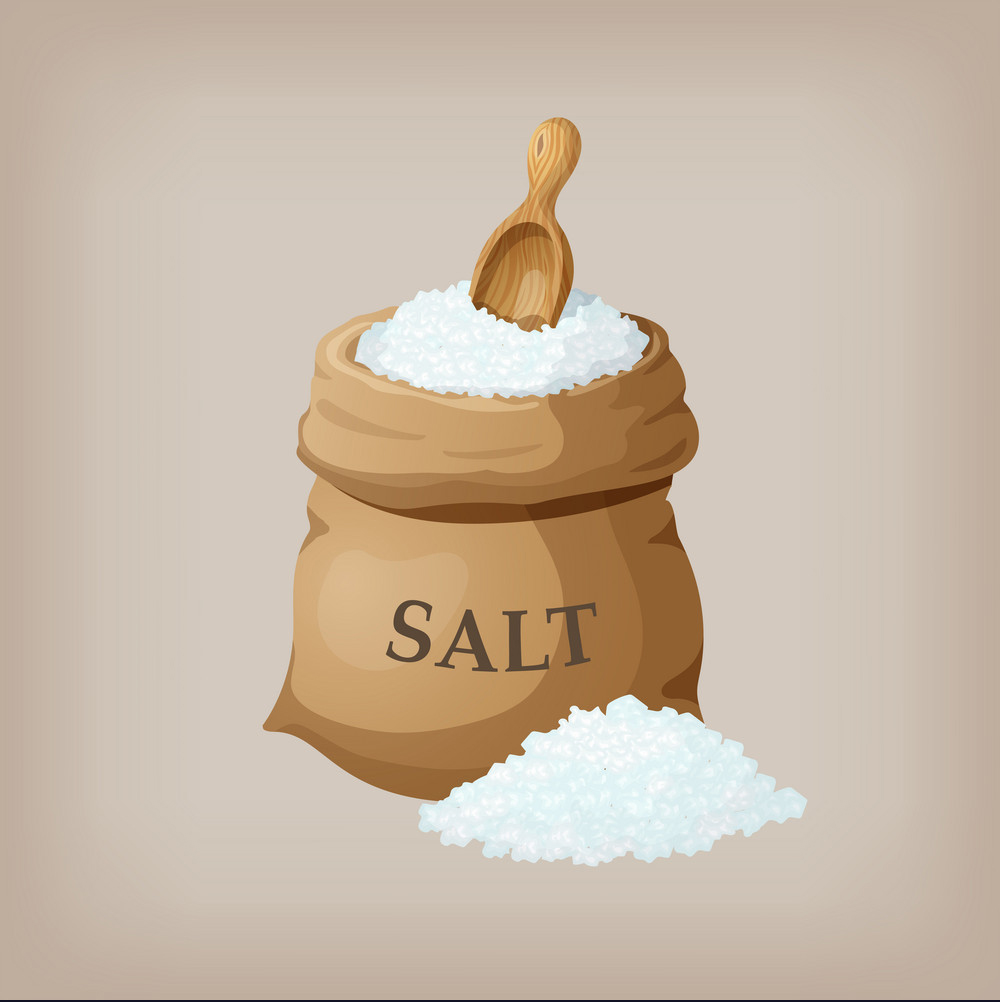
Salt can cause your blood pressure levels to fly through the roof which coincidentally also increases your risk of a heart attack.
Some options are:
- Limit your daily salt intake to less than 1,500 mg
- Opt to garnish your food with herbs and spices rather than with salt
Canned, frozen, or processed foods are good sources of hidden salt and one should restrict their consumption

Sugar can result in unwanted weight gain which can further burden your heart. Here are some tips to watch your sugar urges!
- Replace desserts with fresh fruits
- Substitute sweetened fruit juices and carbonated drinks with lemon juice, coconut water, or regular water
Foods High in Fats
Cholesterol is the fatty substance which, when consumed in high quantities, clogs your arteries and causes them to harden. Thus, high cholesterol is a major contributor to heart disease and significantly predisposes you to a heart attack. You need to do the needful to watch out for your heart!
- Limit consumption of high-cholesterol foods like red meat, egg yolks, high-fat dairy and fried foods
- Monounsaturated fats like olive oil and canola oil should be preferred over saturated fats like butter, dalda, and margarine
Now that we have taken a long and hard look at the foods that aren’t heart-healthy, here are a few that you eat wholeheartedly!
Choose colour
Choose more of green leafy and deeply coloured vegetables such as spinach and beets as these are loaded with antioxidants which can protect your heart. See that you incorporate at least four to five servings of fruit and vegetables daily.
7 steps to a healthy heart
Step 1
Make your meals wholesome with whole-grains
Reduce your intake of white rice, processed grains etc. Opt for healthy grains like fox millet or ragi instead. Replace white bread with multigrain. Start your day with a high-fibre breakfast like oats or muesli.
Eat healthy dishes made from:
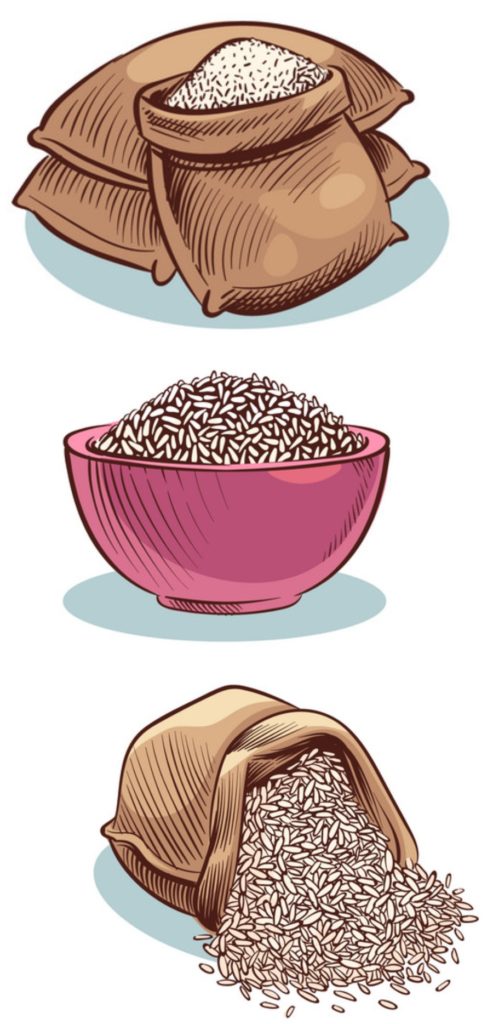
- Dalia porridge
- Kuttu/buckwheat
- Lapsi/hog plum
- Sattu/oats/barley
- Ragi/millet
- Rajgira/Quinoa
- Bajra/pearl millet

- Jowar/sorghum
- Makka/maize
- Brown rice
- Eg. Dalia khichdi, Brown rice pulao, Litti chokha, Vegetable masala oat, Makka roti
etc.
Step 2
 Add fresh and dry fruits to your diet.
Add fresh and dry fruits to your diet.
Fruits and dry fruits are not only tasty but they are a crunchy way to great heart health as they are rich in numerous nutrients and micronutrients.
- Consume at least 2 to 3 servings of fruits and dry fruits in a day
- Savour seasonal fruits like strawberries, blueberries, blackberries and raspberries
- Build up your vitamin C with oranges and kiwis
- Munch on Dry fruits like akhrot/walnut and badam/almond when you crave a snack.
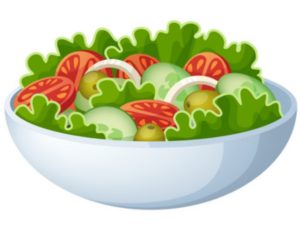 Eat your veggies
Eat your veggies
- Have at least 2 to 3 servings of veggies in a day. Choose richly coloured salads over fried starters.
Step 3
 Ensure that you have
Ensure that you have
- Palak/spinach & other leafy vegetables
- Gobi/kale
- Green gobi/broccoli
- Phalia/Beans (lentils, split peas, dried beans like four bean mix, or baked beans)
- Haak/collard green
- Gajar/carrot
- Tomatoes
- Lehsun/ garlic is heart protective and is good for you
Step 4
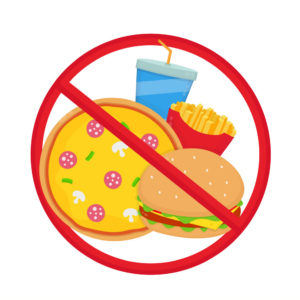 Avoid processed foods
Avoid processed foods
Processed foods may contain unhealthy ingredients like excess salt, sugar, trans-fats and saturated fats and are best avoided.
- Limit take away foods (pastries, doughnuts, biscuits, pies, pizza, hot chips, fried fish, hamburgers, etc.)
- Ready to eat packaged foods
- Instant food packets
- Packaged snacks
- Fried snacks
- Cut down on consumption of refined flour.
Step 5
 Cut down on sugar
Cut down on sugar
Sugar can add unwanted calories which can add an unwanted burden to your heart health.
- Avoid adding sugar to tea, coffee and juices
- Avoid sweetened drinks like
- Sodas
- Sugary drinks
- Packaged fruit juices
- Avoid sauces and condiments which may contain hidden sugar
Step 6
 Limit salt
Limit salt
Salt can raise blood pressure which is a risk factor for heart disease.
- Daily salt intake should not be more than 6 gms/day
- Avoid processed & canned foods
- Garnish soups and curries with herbs and spices to reduce salt
- Throw away your table salt shaker
- Do not buy or serve pickles, papads etc.
- Avoid frozen stuff
Step 7
Choose the right fats
Saturated fats and trans-fats can be detrimental for your heart health and must be limited.
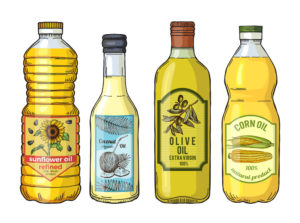 Fats to choose
Fats to choose
- Olive oil
- Safed Sarson ka Tel/Canola oil
- Vegetable and nut oils
- Nuts, seeds
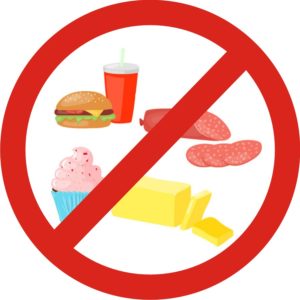 Fats to avoid or limit
Fats to avoid or limit
- Palm, cottonseed and palm-kernel oils
- Butter
- Nondairy creamers
- Cocoa butter (found in chocolate)
- Cream sauce
- Lard
- Bacon fat
- Hydrogenated margarine and shortening

